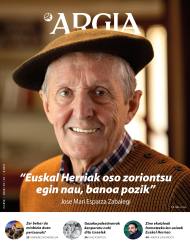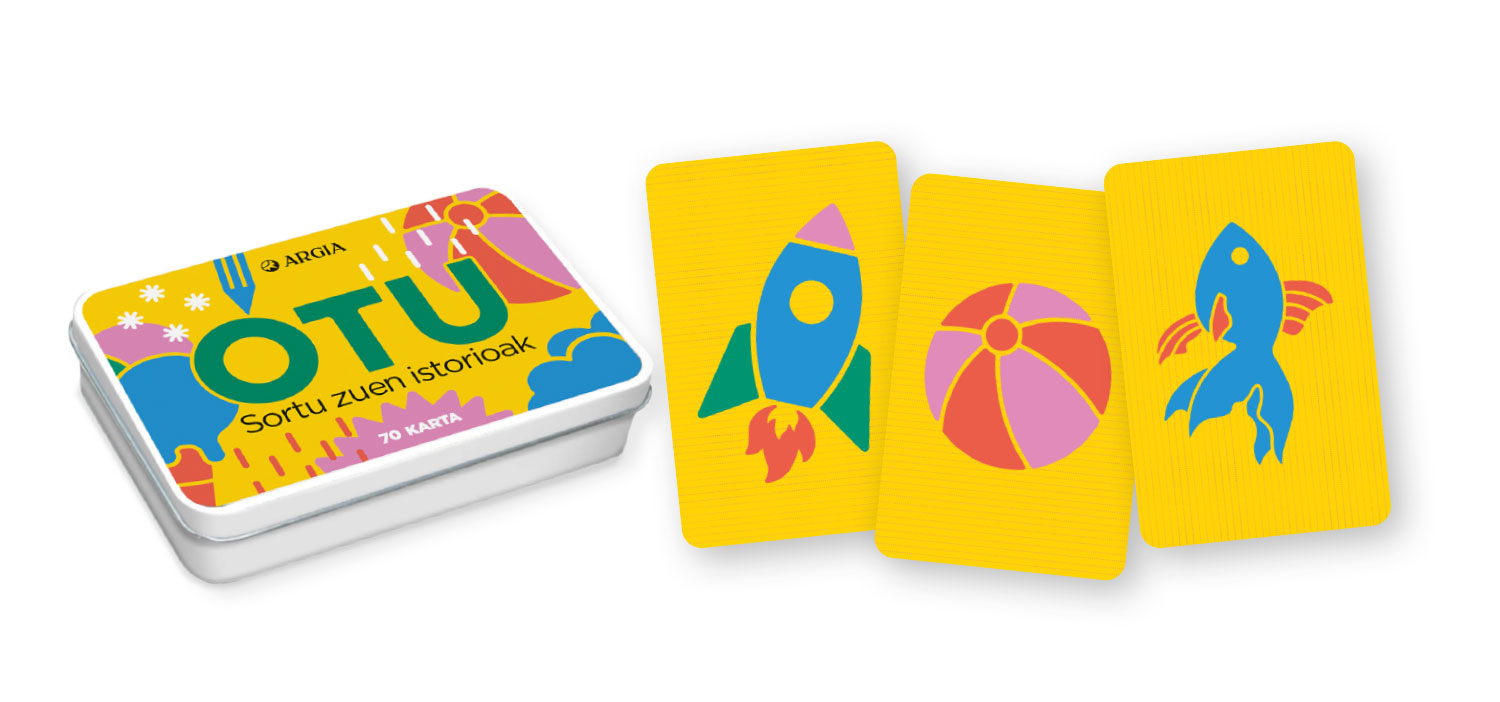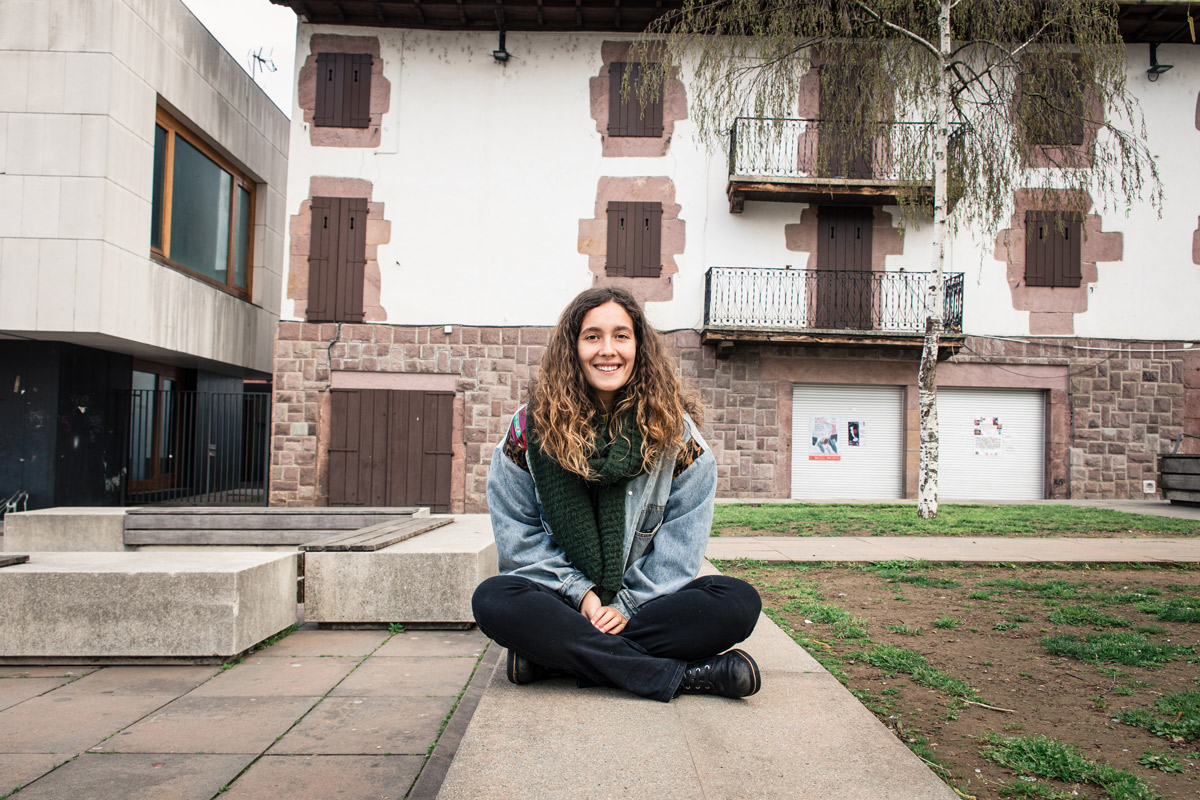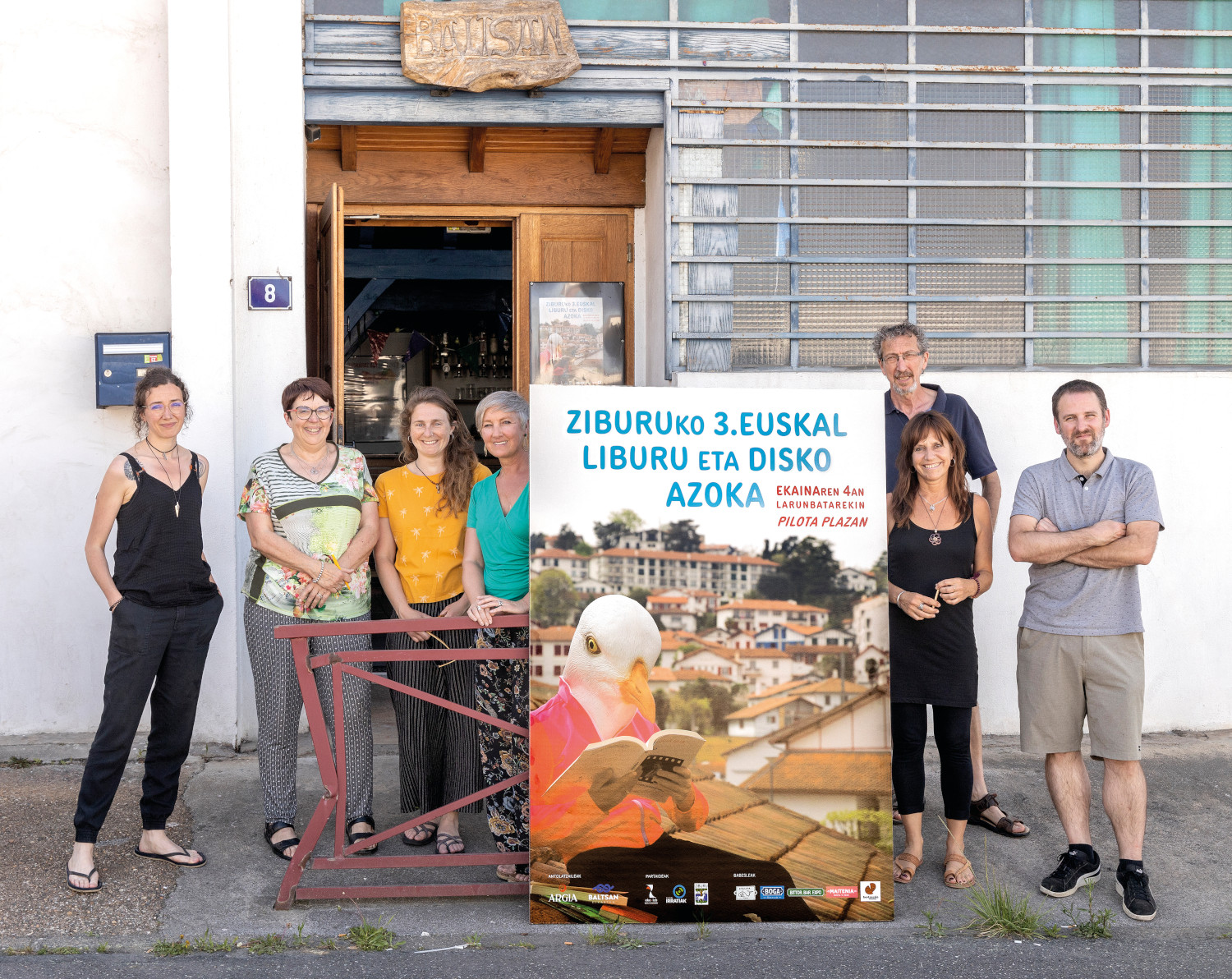“Stories choose us storytellers and not us stories”
- Cortázar makes it clear that even though he is a storyteller, the listener is the traveler. The listener is the one who enters the fantasy world and comes out as at first. “I intend to take the audience out of the room. I myself want him to come out like this when I’m a normal storyteller.” Sitting on a terrace to protect themselves from the rain, Cortazar tells us his story by having coffee.
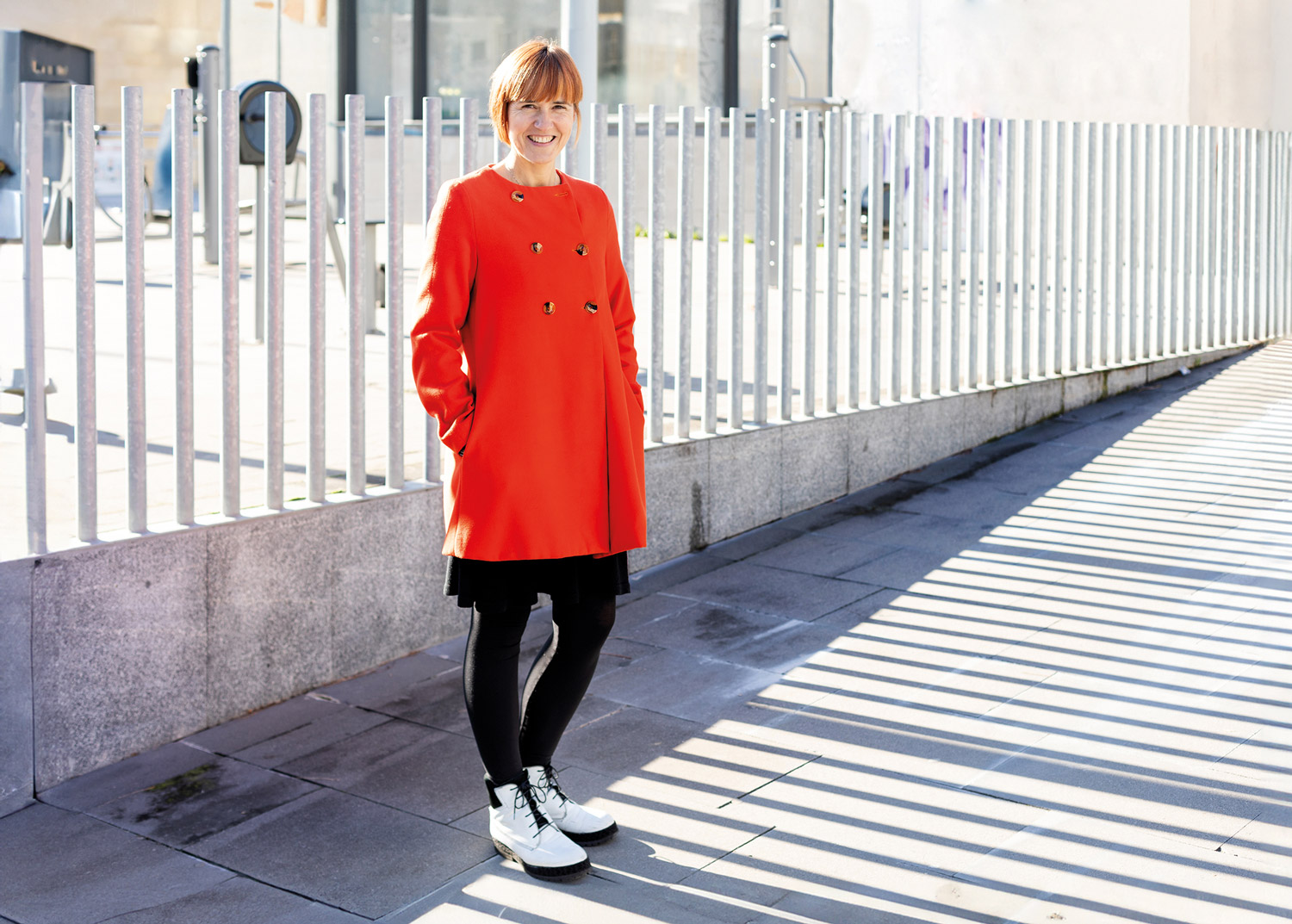
When did you start counting?
It's come pretty late to my life, and also by chance. I was having a hard crisis in 30 years. I didn't know what I was doing, nor what I wanted to do. I felt drifting. While I was thinking about some dream, I traveled to me infancia.Me and found applause, when people were looking forward to me, just made a little theater. Closing my eyes and I still have that feeling very vivid. Almost three decades later, I felt like I wanted hacerlo.Llam
to Virginia Imaz, clown and storytellers to know if I had a course going on. He told me that he was about to start a monthly training to dive into the story account. I encouraged myself to sign up. We got together on Sunday, we spent a whole day together. “You’ll have to start, you don’t lack the repertoire,” Virginia told me. And I started telling stories without believing much in me.A
crisis has led to it, but it continues to form.
I joined myself again and wanted to address from the very beginning the internal security that the training gives me. I sign up for courses whenever I can. I have a lot of desire and motivation to work, to collaborate with another person… Learning is not an effort.
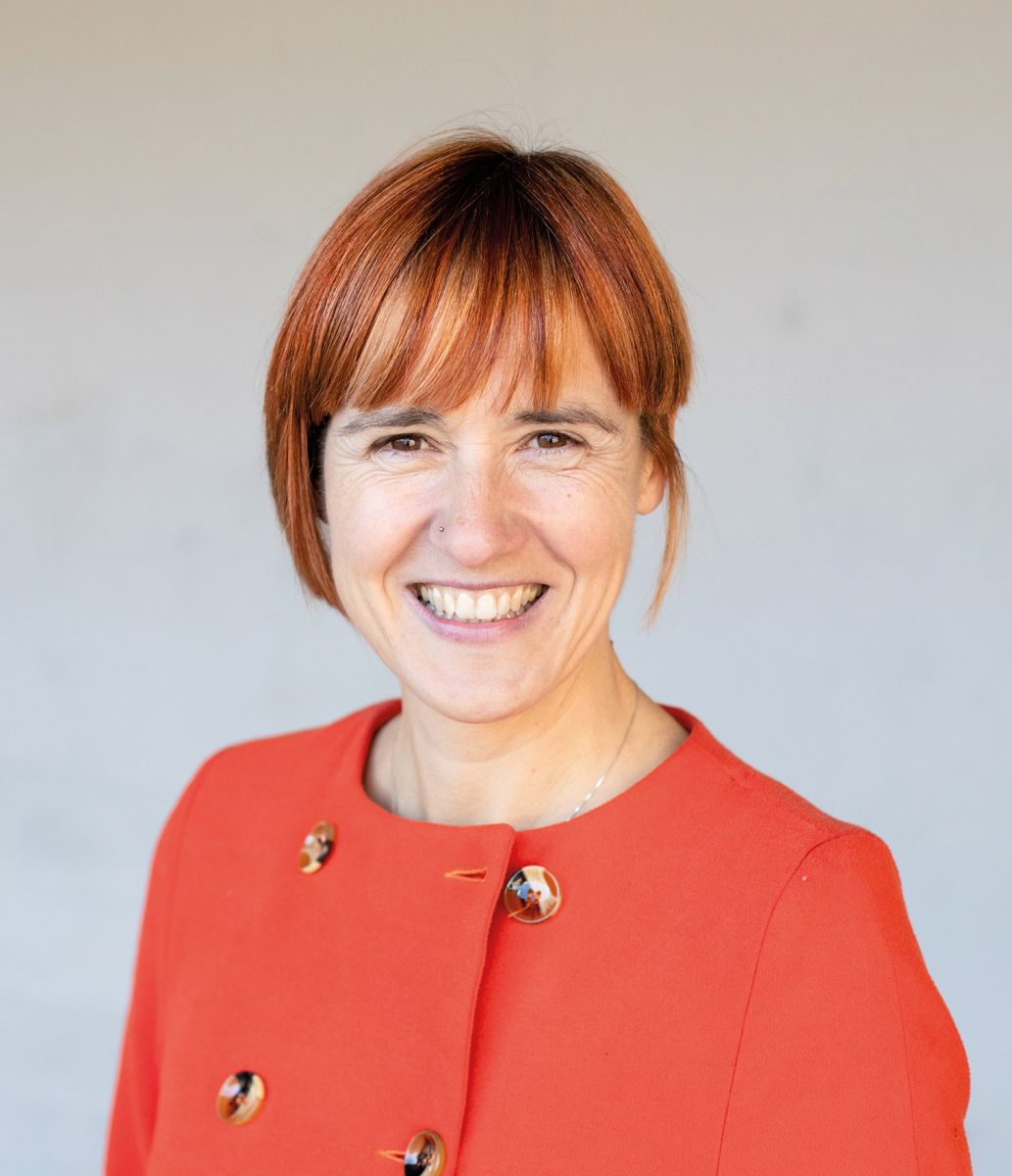
What does it take to count?
I think to tell you right, to catch the audience, whether it's adult, young or child, the narrator has to be clear about what he wants to tell and how. It has to have a clear, well-built message, and it will do so along with the story. In short, the story is a tool for this.
And what do you want to tell?
I would say right now that I am completing my message. I think it's important that you have your own voice without feeling a copy of anyone. I want to give voice to the silenced. To the silenced. Women are often the protagonists of my stories. I also take great care of generality. I find it very important to make visible, listen to older people, to older women, to grandmothers, sometimes I also use female figures that show us the way. Forests, for example. Stories are journeys of discovery and learning. I want to catch the one who comes to listen with that journey, and I want him to come out of the session, not as he has come, but otherwise.
Do you think stories have been instrumentalized?
Before, stories were told in the family. They were stories transmitted orally, traditional stories. Several generations gathered around the fire to hear the same story. Traditional stories have several layers. In addition, they cause different sensations and reactions in each person. I assume that the same will happen in other artistic events. Depending on the time of life, the same story can influence us differently. The pressure of the current model of society has also come to stories, and it seems that when we hear or read a story, we must feel something, transform something within us, we must influence. I am not a supporter. Stories are for pleasure, when we get into the journey we lower our barriers, remove the masks and then we get the sensations of cinema. When we manage to reach that personal bond, at that time, stories are transformative. Stories specific to managing emotions, working anger, talking about jealousy… are fashionable, but I don’t like to tell. All these areas are affected by the story I believe. Stories tell, in short, life itself.
It counts for children, adolescents and adults.
In recent months I have been immersed in my desire, and although I do not yet have a clear answer, I would say that I feel different to each audience. I tell different stories, of course, depending on the age of the audience. I really like to tell children's stories to adults. Very nice reactions occur. It is true that they are not ordinary sessions and that the number of attendees is often very small. Because we limit the story to childhood and it's a shame. Even though we have arrived, we have a lot to listen to, we enjoy listening, and we should give ourselves that permission. The adult needs a good predisposition to be a listener, because adult age also needs a lot of pleasure. It is true that those who come repeat. The first time they met something they didn't expect. It looks like magic, but I would say that stories choose us and not us stories. It's the feeling that many of us have.
“Autoestimuarekin gatazka bat dugu, jende aurrean zerbait egiten dugun guztiok. Oso lotsatiak izan arren, oholtza gainean edo edonon publiko aitzinean jartzen garenean, zerbait pizten da gure barrenean. Lotsa gainditu, beldurra uxatu, eta magia pizten zaigu barruan, eta gozatzen hasten gara”. Formakuntza ugari eta etengabekoa egitearen aldekoa da Kortazar, “nik ikasi egin dut kontatzen hasi aitzin eta ikasten segitzen dut. Ikastaroa non, ni han”. Zer eta nola kontatu, hurbildu denari ahalik eta onena eskaintzea, kontu serioa da Eskoriatzako alabarentzat.









